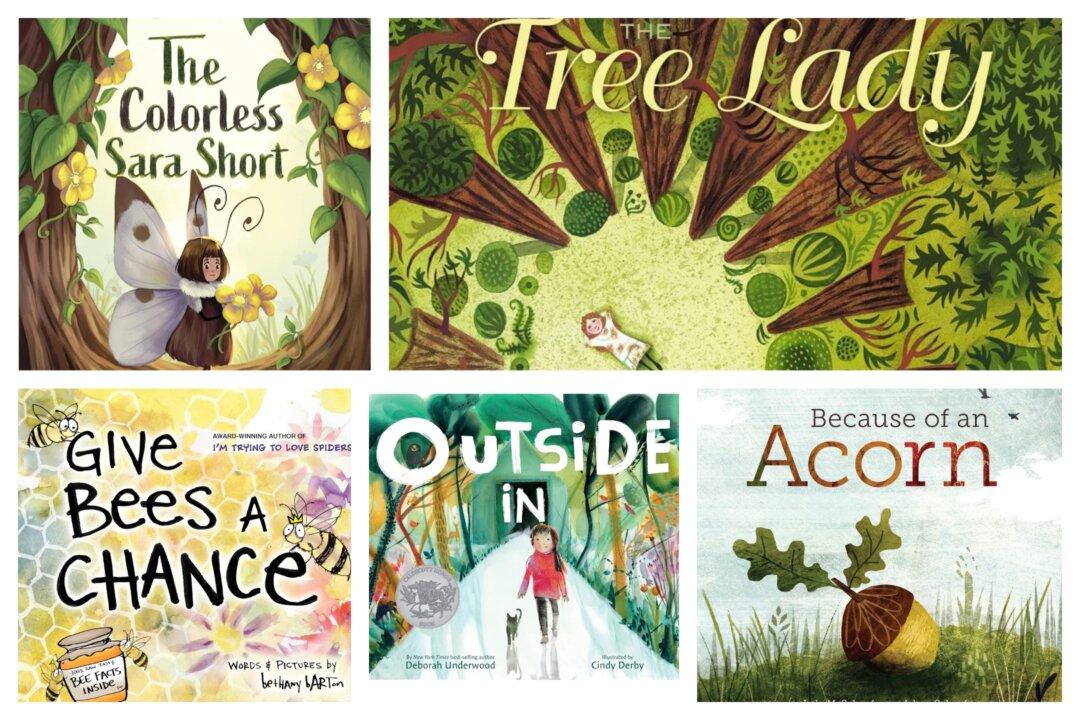Douglas Hoff’s series about Norwegian immigrants in the early 20th century is timeless in its appeal. These coming-of-age, true stories in novel form, while perfect for young adults, are books that older adults can also enjoy immensely. I certainly did.
“Honoring Anna” and its sequel, “Honoring Anna, Book II: The Winds of Time,” follow three Norwegian immigrants who come to the United States around 1900. The book is based on research the author did on Anna, his wife’s grandmother. The story skillfully tells of Anna’s extraordinary life and the two men, who also left Norway, whom she loved.





